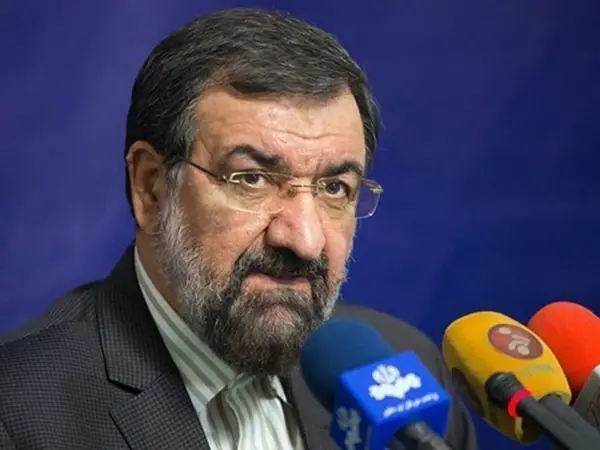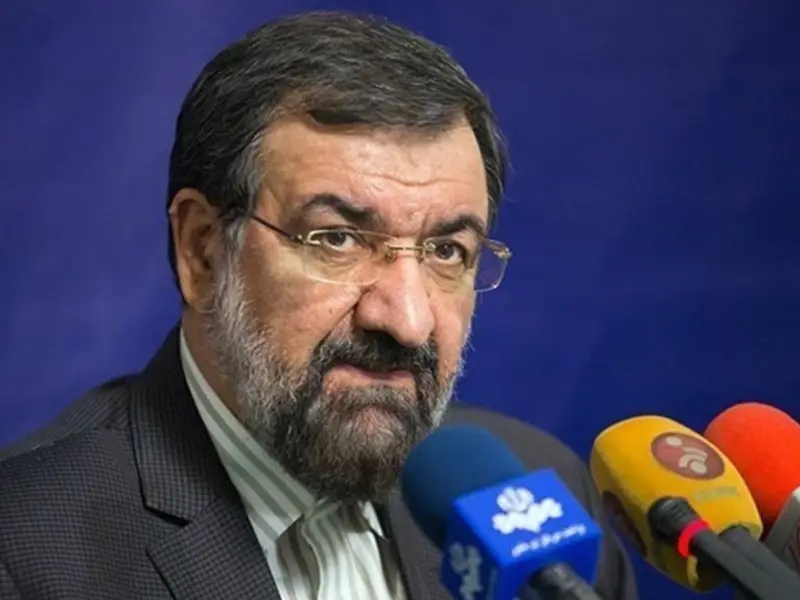Iran’s vice president for economic affairs says there are many domestic problems that are hindering the country’s progress more than the Western sanctions.
On the sidelines of an exhibition titled Achievements and Capabilities of the Jihadi Management on Sunday, Mohsen Rezaei told reporters that the biggest obstacles the economy faces are not imposed from the outside but stem from the internal problems, which he called “domestic sanctions.”
Rezaei described cumbersome and bureaucratic regulations, contradictory and inefficient laws and corruption in the country’s administrative system as the domestic sanctions that are “10 times more detrimental” to Iran’s businesses and industries.
He noted that economic reforms are the only way to get past these hindrances, adding that the current administration has started with trade reforms and then will pursue monetary reforms.
Rezaei added that the people should not feel the pressures of government’s budget deficit while they are also suffering from high tax rates as well as inflation.
The long process to get government permits to do business, lack of a good legal framework in the country, and unfair taxation are the main elements leading to unfavorable conditions in the country’s production sector.
Iran faces serious problems in three major indicators: Economic growth, the rate of inflation and the unemployment rate.

